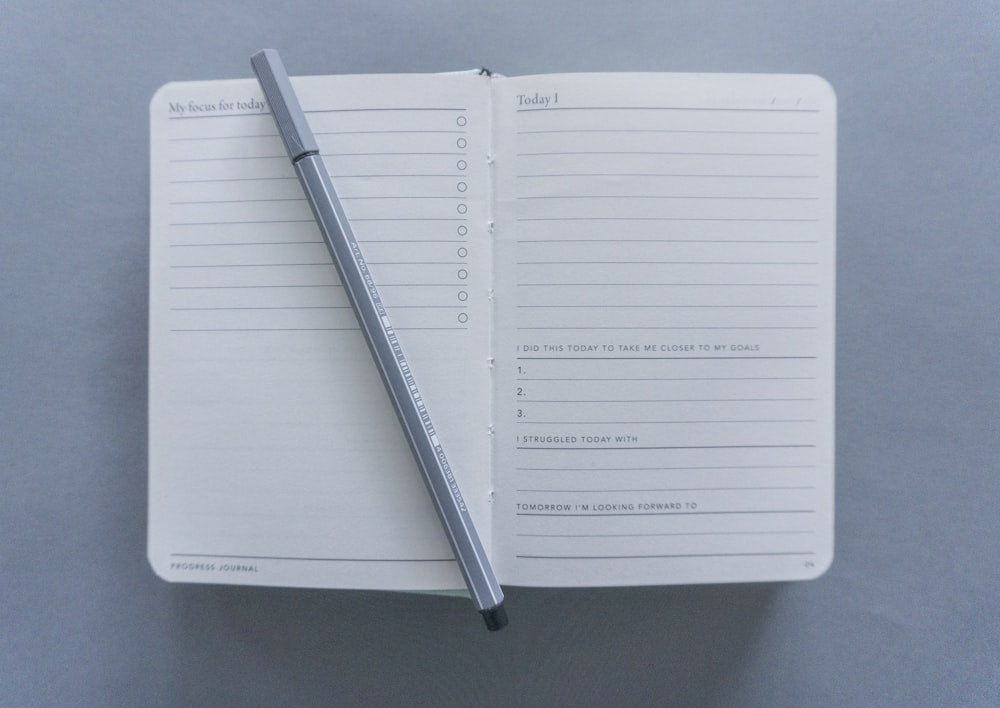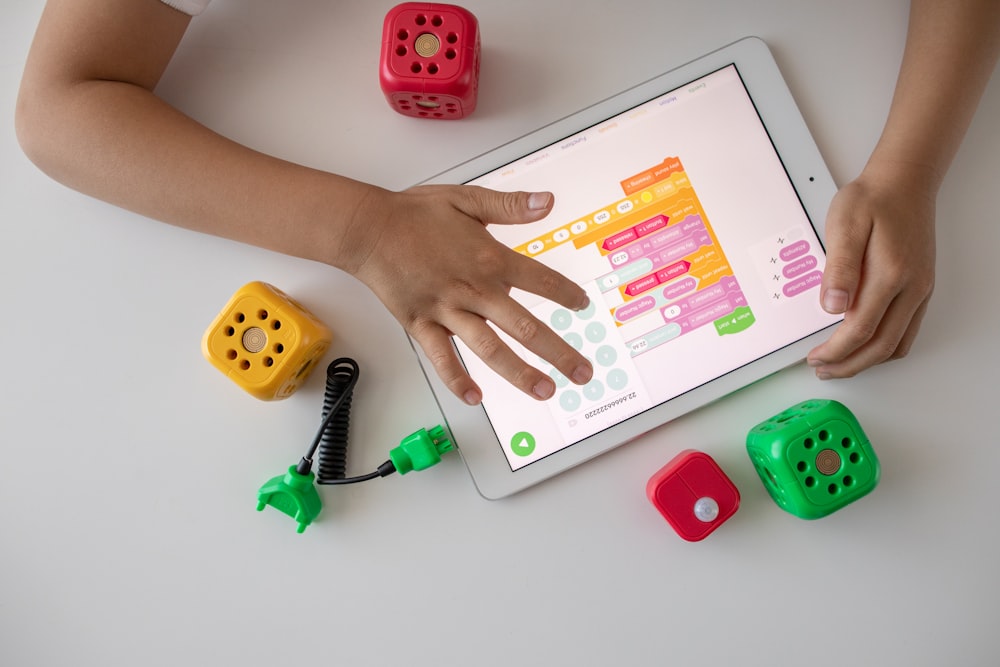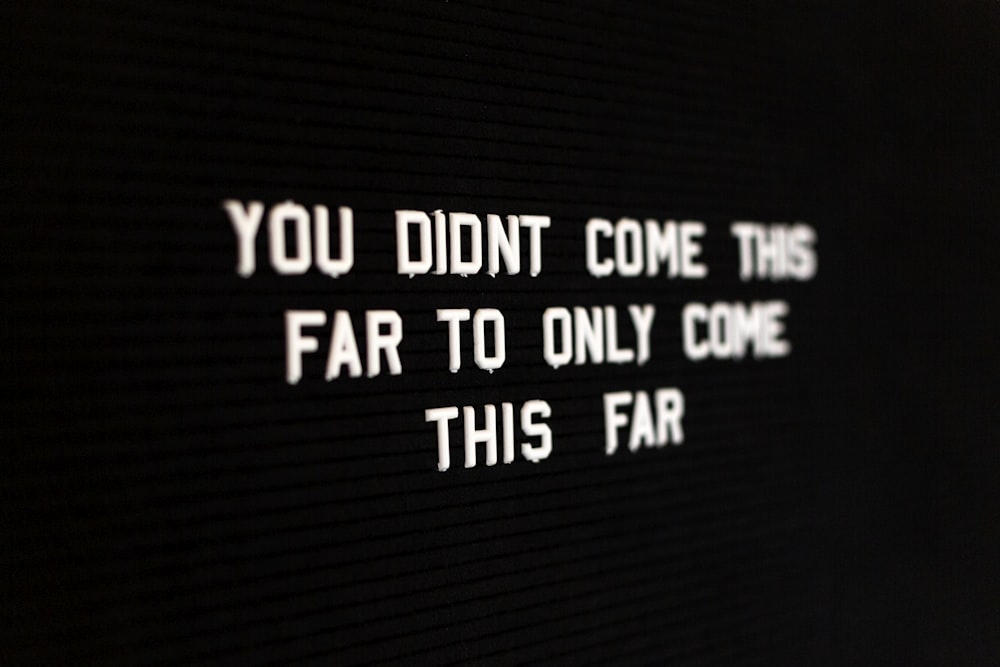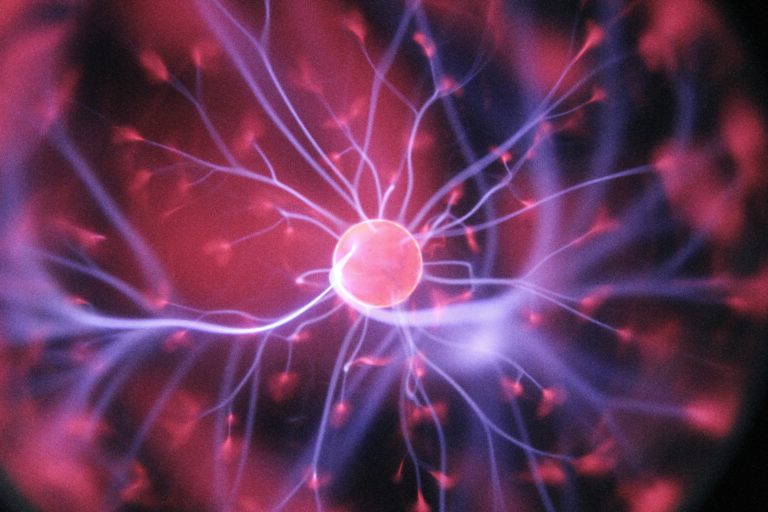Living your best life with ADHD is all about understanding your condition and developing effective strategies to manage your symptoms and thrive in all areas of your life. In this article, we’ll provide you with some tips and strategies for living your best life with ADHD. By educating yourself, building a support network, developing a routine, breaking tasks into smaller steps, using visual aids, prioritizing tasks, creating a distraction-free environment, practicing self-care, using medication and therapy, and embracing your strengths, you can manage your symptoms and live a fulfilling life with ADHD. So, let’s dive into some strategies and tips for living your best life with ADHD.
Here are some tips for living your best life with ADHD

- Educate Yourself
The first step in managing ADHD is to understand your condition. Read books, articles, and blogs about ADHD, and talk to your doctor or therapist. Understanding how ADHD affects your brain and behavior can help you develop effective coping strategies.
A study published in the Journal of Attention Disorders found that psychoeducation (education about ADHD) improved treatment outcomes for children with ADHD (1). Another study found that psychoeducation for parents of children with ADHD was associated with improved parent-child relationships and reduced parent stress (2).
- Build a Support Network
It’s important to have a support network of people who understand and support you. This may include family members, friends, teachers, counselors, or support groups. Join online forums and social media groups for people with ADHD. It can be helpful to connect with others who are going through similar experiences.
A study published in the Journal of Attention Disorders found that social support was associated with better treatment outcomes for adults with ADHD (3). Another study found that group-based support was effective in reducing symptoms and improving social functioning in adolescents with ADHD (4).

- Develop a Routine
Establishing a daily routine can help you stay on track and manage your symptoms. Set regular times for waking up, eating, exercising, working, studying, and sleeping. Use timers, reminders, and apps to stay on schedule. Having a routine can help you feel more organized and less overwhelmed.
A study published in the Journal of Attention Disorders found that structured routines were associated with better treatment outcomes for children with ADHD (5). Another study found that using a daily planner was associated with improved organization and time management skills in adults with ADHD (6).
- Break Tasks Into Smaller Steps
Divide larger tasks into smaller, more manageable steps. Use a to-do list or a task manager app to keep track of your tasks and deadlines. Breaking tasks down into smaller steps can help you feel less overwhelmed and more in control.
A study published in the Journal of Consulting and Clinical Psychology found that behavioral interventions that focused on breaking tasks into smaller steps were effective in improving academic performance and reducing problem behaviors in children with ADHD (7).

- Use Visual Aids
Visual aids such as calendars, schedules, and mind maps can help you stay organized and focused. Use them to plan your day, prioritize tasks, and set goals. Visual aids can also help you remember important information and reduce stress.
A study published in the Journal of Attention Disorders found that visual schedules were effective in improving on-task behavior and reducing problem behaviors in children with ADHD (8). Another study found that using mind maps was associated with improved memory and recall in adults with ADHD (9).
- Prioritize Tasks
Prioritizing tasks can help you stay focused and manage your time more effectively. Focus on the most critical tasks first, and then move on to less important ones. Use your to-do list or task manager app to prioritize tasks according to importance and urgency.
A study published in the Journal of Attention Disorders found that goal setting and prioritizing tasks were effective in improving time management skills in adults with ADHD (10). Another study found that using a task manager app was associated with improved organization and time management skills in adults with ADHD (11).
- Create a Distraction-Free Environment
Distractions can make it difficult to focus and get things done. Eliminate or minimize distractions in your environment. Use noise-canceling headphones, turn off notifications on your phone, and work in a quiet space. Creating a distraction-free environment can help you stay focused and productive.
A study published in the Journal of Attention Disorders found that reducing environmental distractions was associated with improved on-task behavior and reduced problem behaviors in children with ADHD (12). Another study found that using noise-cancelling headphones was associated with improved attention and focus in adults with ADHD (13).

- Practice Self-Care
Taking care of yourself is essential for managing ADHD. Get enough sleep, eat a healthy diet, exercise regularly, and manage stress. Develop a mindfulness or meditation practice to help you stay calm and focused. Taking care of yourself can help you feel more energized and better able to manage your symptoms.
A study published in the Journal of Attention Disorders found that exercise was associated with improved cognitive function in adults with ADHD (14). Another study found that mindfulness meditation was associated with reduced symptoms of anxiety and depression in adults with ADHD (15).
- Use Medication and Therapy
Medication and therapy can be helpful in managing ADHD. Medications can help manage symptoms such as inattention, hyperactivity, and impulsivity. Therapy can help you develop coping skills and strategies to manage your symptoms. Talk to your doctor or therapist about what treatment options may be right for you.
A meta-analysis published in the Journal of the American Academy of Child and Adolescent Psychiatry found that medication was effective in reducing ADHD symptoms in children and adolescents (16). Another study found that cognitive-behavioral therapy was effective in improving time management skills in adults with ADHD (17).
- Embrace Your Strengths
Finally, it’s important to focus on your strengths and what you do well. ADHD can come with many challenges, but it also brings unique strengths and talents. Celebrate your successes and accomplishments, and don’t be too hard on yourself when things don’t go as planned. Embracing your strengths can help you build confidence and feel more positive about yourself and your abilities.
A study published in the Journal of Abnormal Child Psychology found that children with ADHD who received positive feedback about their strengths had improved self-esteem and reduced problem behaviors (18). Another study found that using a strengths-based approach in therapy was associated with improved self-esteem and reduced symptoms of depression in adults with ADHD (19).

In conclusion, living your best life with ADHD requires a combination of self-care, medication, therapy, and evidence-based strategies. The strategies discussed in this article, including educating yourself about ADHD, building a support network, developing a routine, breaking tasks into smaller steps, using visual aids, prioritizing tasks, creating a distraction-free environment, practicing self-care, and embracing your strengths, have been shown to be effective in managing ADHD symptoms and improving overall well-being. However, it’s important to remember that every individual with ADHD is unique, and what works for one person may not work for another. Working with a healthcare professional to develop an individualized treatment plan is crucial for successful management of ADHD. With the right support and strategies in place, individuals with ADHD can live fulfilling and successful lives.




